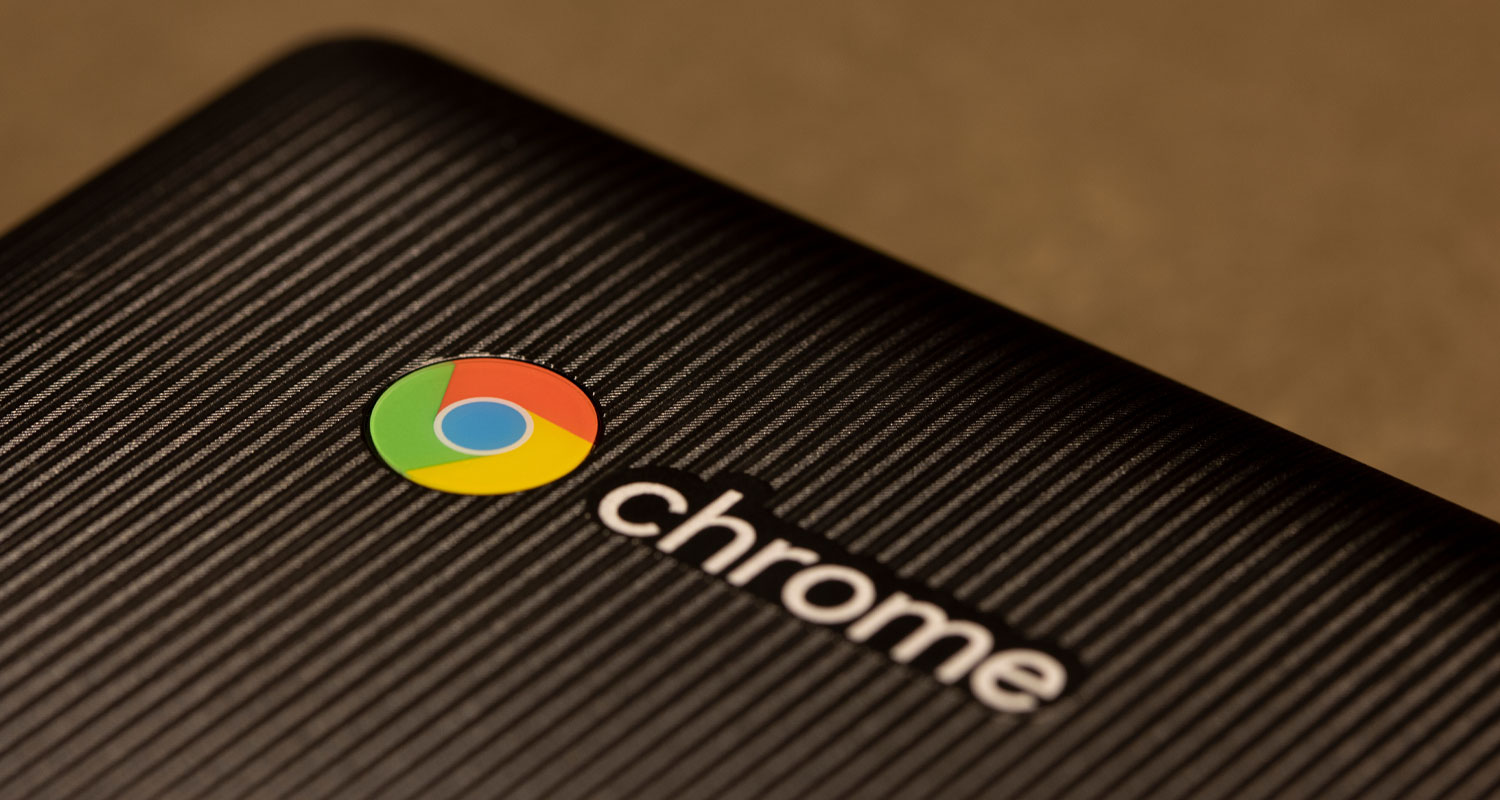 Switching to ChromeOS can allow IT to transform the organisation’s devices into a fleet that delivers better performance, lower cost and improved security and management.
Switching to ChromeOS can allow IT to transform the organisation’s devices into a fleet that delivers better performance, lower cost and improved security and management.
That’s according to Nick Treurnicht, Google-certified professional collaboration engineer and G Suite deployment specialist at Digicloud Africa, who says Chrome OS is no longer limited to Chromebooks.
“Many laptops and desktops can support Chrome OS Flex, which transforms them into Chromebooks to enable the new way of working using Google Workspace,” he says.
While organisations have already invested in modernising infrastructure, there has never been a more critical time to extend those cloud investments into endpoint computing environments, particularly to support long-term remote working.
Businesses are choosing Chrome browser cloud management and Chrome OS to empower their cloud workforce. However, the challenging prospect of migrating legacy applications – particularly bespoke applications built for a Windows environment – has held some organisations back from making the move to Chrome, Treurnicht says.
“This problem has been solved with Chrome OS Flex, a secure, cloud-first, easy-to-manage and fast operating system for PCs and Mac. It’s free to download, easy to install and is a sustainable way to modernise the devices you already own. Turn your fleet of old Windows devices into Chrome devices,” he says.
With a long list of supported devices, Chrome OS Flex devices are easily managed and supported using the tools available with the Chrome Enterprise Upgrade licence, which connects all Chrome OS and Chrome OS Flex devices to an integrated control panel to manage the hardware and enforce over 800 policy options.
“When running Chrome OS devices, organisations also automatically access the Chrome browser, Linux applications and the Google Play store. Importantly, through the Cameyo Virtual Application Delivery platform, organisations can now serve any application securely to devices, including full versions of applications like Microsoft Excel, Adobe Premiere Pro or Photoshop, and internally built and hosted custom applications. The final piece of the puzzle that needed solving is done through Cameyo and it’s difficult to overstate how much Cameyo will change the adoption of ChromeOS in large enterprises,” Treurnicht says.
Chrome OS – the modern way to work
Chromebooks, using mobile CPUs built on ARM architecture, are growing in popularity thanks to their cost, performance and battery life. Priced at around half the cost of a Mac or Windows counterpart, Chromebooks consume little power and offer all-day battery life. While transforming a Windows or Mac device into a Chromebook using Chrome OS Flex may not deliver the full performance and battery life of a Chromebook, it will offer improved performance, security and battery life, Treurnicht says.
The biggest benefits of migrating to Chrome OS are ease of management, risk reduction, business continuity and cost savings, he says.
“Organisations gain the ability to easily manage all their devices, and disable or shut them down if they are lost or stolen or remote into these devices with a single click. This makes these ideal for environments like schools, where loss, damage or theft is a risk,” he says. “In any environment, once all employees are using cloud-native Google Workspace, all their work and data is saved and stored in the cloud, so no data can be lost should a device be lost or damaged. Google forces you to work in a smarter way, so everything is synced to your Google Drive in the cloud all the time. A user simply logs on to their workspace using any device and their open tabs, documents and applications will be right where they left them. This means no downtime to replace and reinstall devices. Plus, Google Workspace, Google Drive and Gmail are impervious to ransomware,” Treurnicht says.
“For a long time, companies have been trying to support true thin-client computing that works for any use case, with any application. With Chrome OS, this is now possible,” he says.
About Digicloud Africa
Digicloud Africa is Google’s chosen enablement partner in Africa. Through Digicloud, Google is creating an ecosystem of Google Cloud partners across the continent. Digicloud supports its partner network by providing the necessary training, tools and resources needed to implement cloud solutions and support to their customers successfully. As customer demands for technology intensify, Digicloud is increasing its investment in supporting its partners to achieve sustainable growth. Digicloud’s partner enablement helps organisations build skills around open, advanced technologies to go to market with outcome-based solutions. Find Digicloud on LinkedIn.
- This promoted content was paid for by the party concerned

